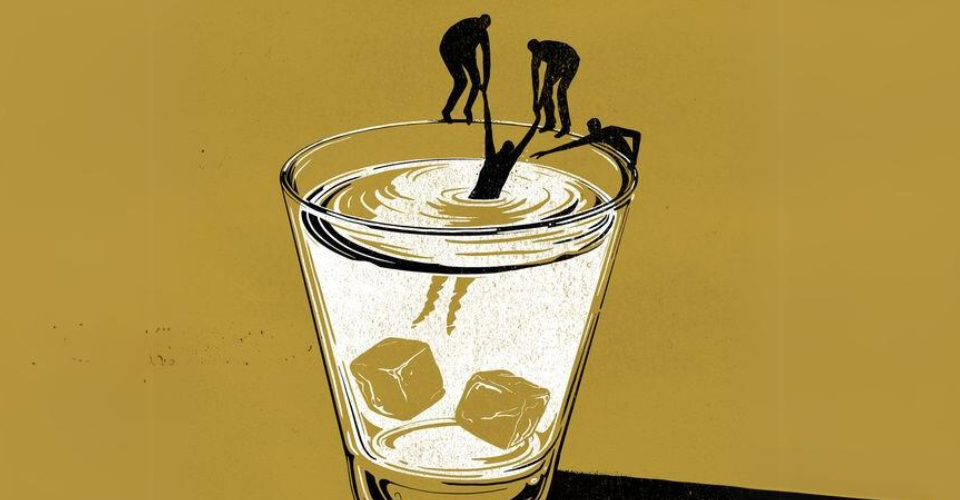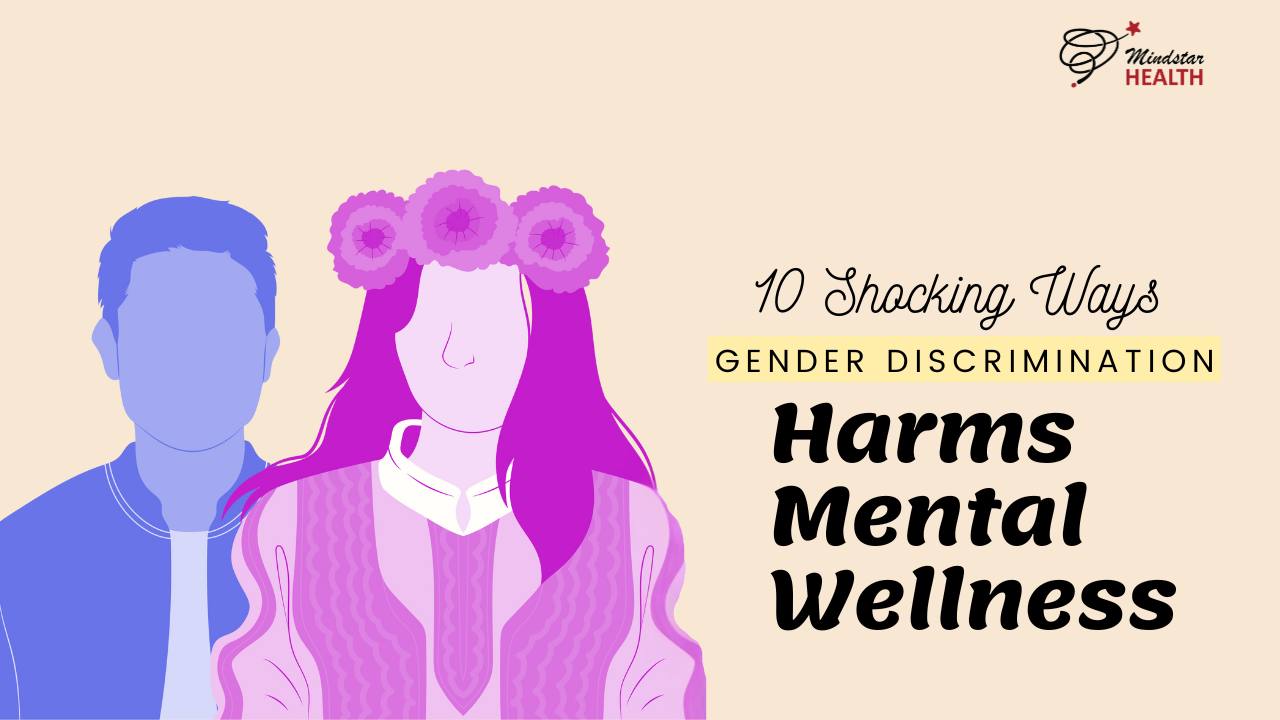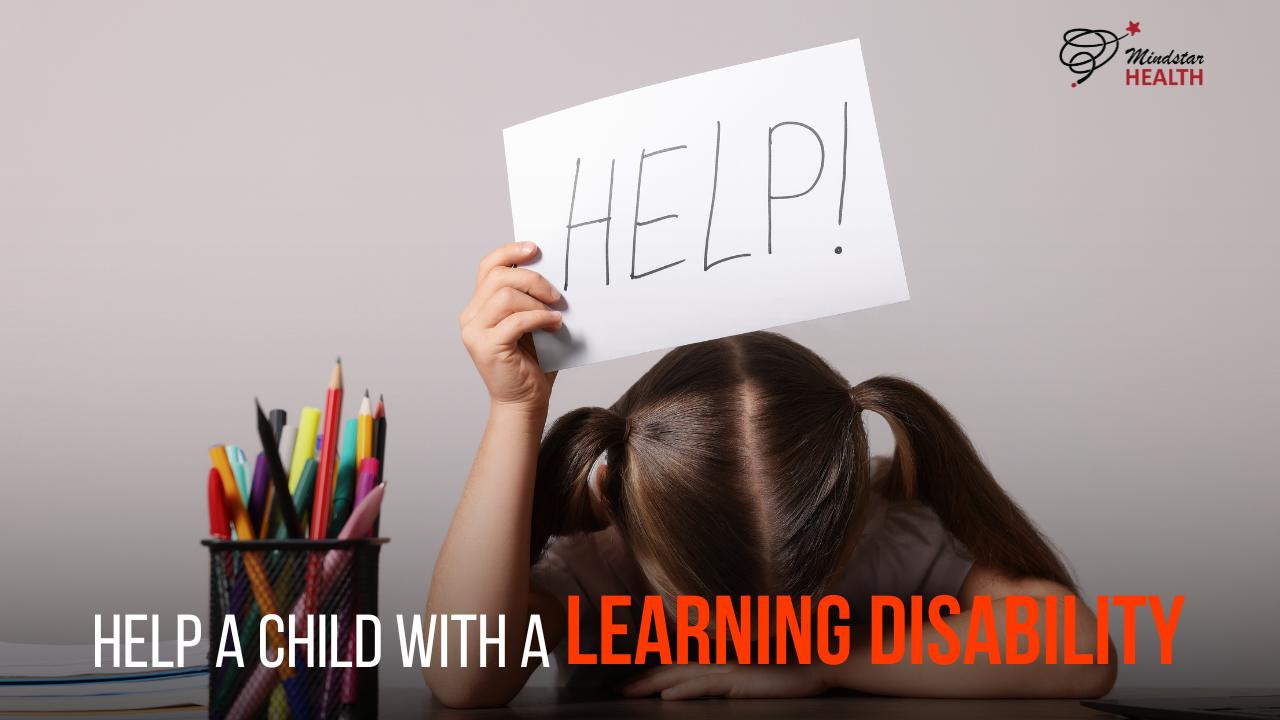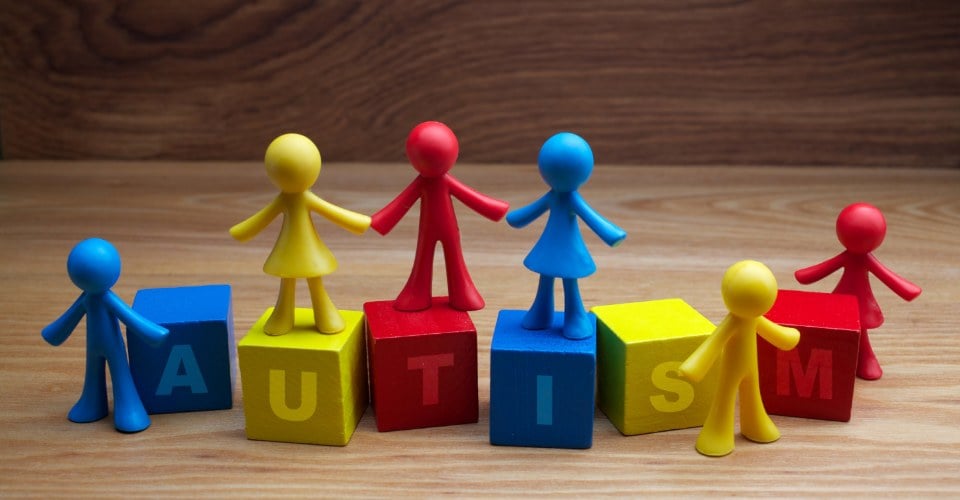Understanding Addiction: A Comprehensive Guide to Support and Recovery
Supporting someone struggling with addiction is an emotionally challenging journey that requires patience, understanding, and consistent effort. Addiction impacts not just the individual but also their family, friends, and community. Here’s an in-depth look at how addiction, drugs, and mental health intertwine and actionable steps to address these challenges.
Recognizing Addiction in Adults and Children
Signs of Alcohol Addiction
- Frequent Intoxication: Regular visible signs of drunkenness.
- Pre-Drinking Habits: Consuming alcohol early in the morning or before social events.
- Secrecy: Hiding drinking habits from others.
- Neglecting Responsibilities: Failing to fulfill household or professional duties.
- Memory Issues: Struggling with recall and concentration.
- Defensiveness: Reacting with anger when questioned about alcohol use.
Indicators in Teenagers
- Mood Changes: Anger, irritability, or defensiveness.
- Academic Decline: Falling grades and poor attendance.
- Rule-Breaking: Engaging in delinquent behavior.
- Shifts in Friendships: Associating with new, secretive groups.
- Physical Signs: Bloodshot eyes and forgetfulness.
- Alcohol Discovery: Hidden bottles or alcohol odors.
Recognizing Drug Use
Addiction to drugs manifests through behavioral and physical changes:
- Behavioral Shifts: Decline in work or school performance, withdrawal from social activities, and mood swings.
- Self-Neglect: Poor hygiene and lack of care for appearance.
- Deception: Hiding whereabouts and activities.
- Financial Struggles: Stealing money to purchase drugs.
Effective Communication with an Addicted Loved One
Choose the Right Moment
- Speak when the person is sober and receptive.
- Avoid confrontations during intoxication or withdrawal episodes.
Practice Empathy
- Use calm and respectful language.
- Frame concerns around care, e.g., “I’m worried about your health.”
Set Clear Boundaries
- Define unacceptable behaviors and their consequences.
- Ensure these limits are enforced consistently.
Encourage Self-Reflection
- Use motivational interviewing to help them recognize how addiction conflicts with their personal values and goals.
Encouraging Professional Help
Steps to Guide Them Towards Treatment
- Educate Yourself: Learn about addiction treatment options like detox, rehabilitation programs, counseling, and support groups.
- Avoid Ultimatums: Frame the discussion around benefits rather than threats.
- Offer Support: Help schedule appointments and accompany them if needed.
Treatment Options
- Detox Programs: Address withdrawal under medical supervision.
- Inpatient Rehabilitation: A structured, immersive recovery environment.
- Outpatient Programs: Flexible treatment while living at home.
- Therapy and Counseling: Address mental health and addiction simultaneously.
- Support Groups: Peer connections through organizations like Alcoholics Anonymous.
Supporting Recovery and Self-Care
For the Individual
- Celebrate milestones in sobriety.
- Encourage activities that promote mental health, like exercise and hobbies.
For the Family
- Maintain household routines and avoid enabling behaviors.
- Ensure transparent communication about addiction’s impact.
Tackling Addiction in the Workplace
Identifying Signs
- Decline in performance, frequent absences, or erratic behavior.
- Physical indicators such as slurred speech or impaired coordination.
Addressing the Issue
- Use a private, non-confrontational approach.
- Engage HR or Employee Assistance Programs for support.
Long-Term Commitment to Recovery
Helping someone with addiction is an ongoing process that requires resilience:
- Never Lose Hope: Positive change can take time.
- Prioritize Your Well-being: Engage in self-care and therapy if needed.
- Continue Learning: Stay informed about addiction recovery strategies.
Breaking the Stigma
Addiction is often misunderstood, leading to stigma and judgment. Educating yourself and others about the nature of addiction as a mental health disorder can help reduce shame and promote a culture of support. Creating a compassionate environment encourages those affected to seek help without fear of criticism.
Conclusion
Addiction, deeply intertwined with mental health and substance use, requires compassion and structured interventions. By recognizing the signs, initiating supportive dialogues, and encouraging professional help, individuals and families can navigate this challenging journey toward recovery. With perseverance, education, and empathy, lasting change is possible. Supporting someone through their addiction journey not only transforms their life but also fosters resilience and deeper connections within the community.





















